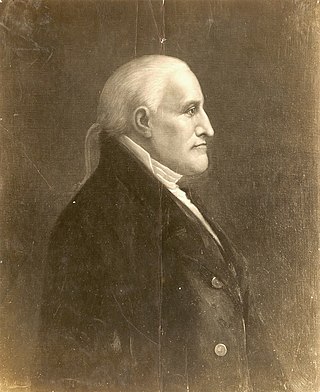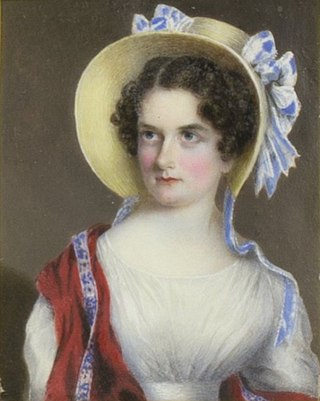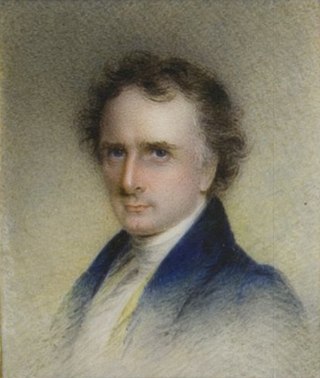Related Research Articles

Charles John Biddle was an American soldier, lawyer, congressman, and newspaper editor.

Francis Dana was an American Founding Father, lawyer, jurist, and statesman from Massachusetts. He served as a delegate to the Continental Congress in 1777–1778 and 1784. A signer of the Articles of Confederation, he was secretary to the diplomatic mission that negotiated the end of the American Revolution, and was appointed Minister to Russia. He later served as a member of the Supreme Judicial Court of Massachusetts and served as the chief justice for 15 years.

Adam Kuhn was an American physician and naturalist, and one of the earliest professors of medicine in a North American university.

Joseph Reed Ingersoll was an American lawyer and statesman from Philadelphia, Pennsylvania. In 1835 he followed his father, Jared Ingersoll, and his older brother, Charles Jared Ingersoll, to represent Pennsylvania in the U.S. House.
Rebecca Rush was a writer in the early United States. She published Kelroy, her only known book, in 1812 at the age of 33. The book was not much noticed because it appeared on the eve of the War of 1812, which overshadowed its publication.

Charles Conrad Abbott was an American archaeologist and naturalist.
Benjamin Sprague Cowen was a U.S. Representative from Ohio.

Charles Gottlieb Raue or Charles Godlove Raue was a United States homeopathic physician.
Robert Davidson (1750–1812) was an American educator.
Michael Schlatter was an American German Reformed clergyman.

James Cutbush was an American chemist.
Jacob Reese Eckfeldt was an assayer for the United States Mint in Philadelphia.
Frederick David Schaeffer was a German-American Lutheran clergyman.

John Conrad Otto was a United States physician.
Moses Mather, was a Connecticut clergyman.

Philip Frederick Mayer was a United States Lutheran clergyman.
Charles Cist was an American editor.

Phoebe Ann Rush, often called "Madam Rush" after her marriage, was an American socialite and literary hostess.

James Rush (1786–1869) was an American physician and writer.
Benjamin Rush was an American lawyer and writer.